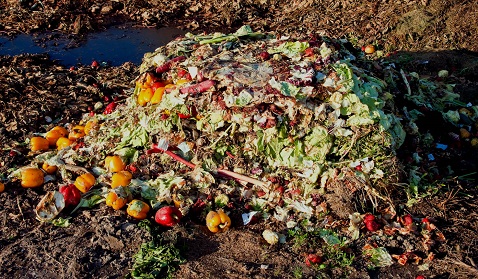The Federal Government’s waste and recycling funding initiatives from Tuesday’s Budget have drawn a mostly favourable response from stakeholders.
Treasurer Josh Frydenberg announced $77.9 million in new investments to reduce waste impacts on the environment, with $67 million of that to be directed to new food organic and garden organic waste (FOGO) initiatives.
A Food Waste for Healthy Soils Fund will be established in partnership with states and territories to enhance existing organic waste and processing infrastructure. This will be supported by a $7.2 million community education program on the benefits of processed organic waste.
Federal Environment Minister Sussan Ley said the fund will help increase Australia’s current national organic waste recycling rate from 49 percent to 80 percent by 2030.
A 1:1:1 co-contribution model involving the Commonwealth, states, and industry will generate $170 million in the organic waste industry, Ms Ley said.
The Federal Government has also earmarked $5 million in new funding will go to supporting small and medium-sized business to adopt the Australasian Recycling Label, and $5.9 million for additional investments in industry-led national product stewardship schemes to reduce waste and increase resource recovery.
The Southern Adelaide Material Recovery Facility is set to receive a $5.4 million funding boost under the Community Development Grants Program.
Waste Management and Resource Recovery Association of Australia CEO Gayle Sloan said the new initiatives will have numerous positive and far-reaching outcomes – from boosting landfill diversion and, in turn, driving carbon emissions down, to beneficial reuse within the agricultural sector.
NSW Circular said the initiatives, including the Food Waste for Healthy Soils Fund, were welcome, but that a similar grants program for textiles is “urgently needed to tackle textile waste”.
Food waste management consultants Iugis welcomed the $480 million in new funding for the environment and the federal government’s commitment to upgrading recycling capabilities to reduce waste to landfill.
“[But] we are deeply concerned that incentives to reduce food waste are again overlooked in this year’s budget,” global chief of stakeholder relations Jeff Olling said.



